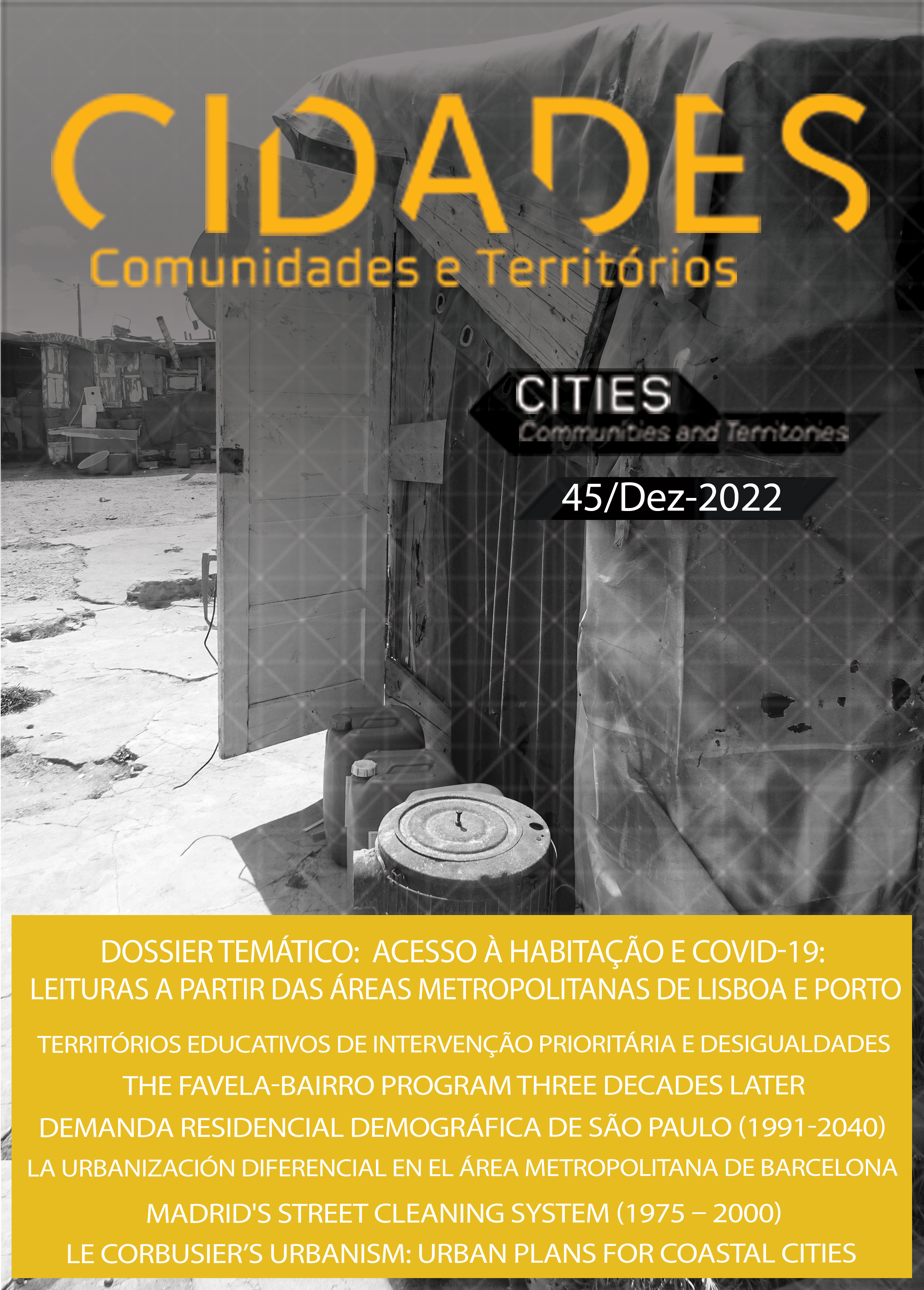Getting into the Batida
Book review of: DJs do Guetto Vol. 1
Mots-clés :
Batida, Lisbon, musical scene, sonic fiction, Príncipe Discos, Quinta do MochoRésumé
In this book, Elliot begins his book with the story of a memory recovery, or ‘history lesson’ by Príncipe Discos [Prince Records], a Lisbon music label. In 2012, the label re-released, digitally and free of charge, the album DJs do Guetto Vol. 1, originally released in 2006 by the band of the same name. It was the trigger for the musical genre that came to be called batida [beat] and that launched (at least outside the borders of Quinta do Mocho, where they were already known) names such as DJ Nervoso, N. K. Marfox, Fofuxo, Jesse and Pausas. Batida is a musical genre that combines house and techno with African styles such as kuduro, tarraxinha, funaná and quizomba. In mid-2010, batida became the great cultural export of Lisbon and Portugal, making Lisbon a trendy city and the ‘gateway’ to the latest trends in African music.
Références
Appiah, K. A. (2006). Cosmopolitanism: Ethics in a world of strangers. London: Allen Lane.
Belanciano, V. (2020). Não dá para ficar parado. Música afro-portuguesa: celebração, conflito e esperança [We can’t stand still. Afro-Portuguese music: Celebration, conflict and hope]. Porto: Afrontamento.
Bennett, A., & Guerra, P. (Eds.) (2019). DIY cultures and underground music scenes. London: Routledge.
Butler, T. (2006). A walk of art: The potential of the sound walk as practice in cultural geography. Social & Cultural Geography, 7(6), 889–908.
Eco, U. (2003). Mouse or rat? Translations as negotiations. London: Weidenfeld & Nicolson.
Elliot, R. (2022). DJs do Guetto Vol. 1. London: Bloomsbury.
Epalanga, K. (2017). Os brancos também sabem dançar: um romance musical [White people can dance too: A musical romance]. Alfragide: Caminho.
Eshun, K. (1998). More brilliant than the sun: Adventures in sonic fiction. London: Quartet Books.
Frenneaux, R., & Bennett, A. (2021). A new paradigm of engagement for the socially distanced artist. Rock Music Studies, 8(1), 65–75.
Guerra, P. (2017). ‘Just can’t go to sleep’: DIY cultures and alternative economies facing social theory. Portuguese Journal of Social Sciences, 16(3), 283–303.
Guerra, P. (2018). Raw power: Punk, DIY and underground cultures as spaces of resistance in contemporary Portugal. Cultural Sociology, 12(2), 241–259.
Hebdige, D. (1979). Subculture: The meaning of style. London: Routledge.
La Barre, J. de (2019). Sampling Lisbon: Kuduro and the lusophone imagination. Journal of Popular Music Studies, 31(1), 109–130.
Lobley, N. (2018). Hyperactive musical communities on and offline: Dancing and producing Chicago footwork, shangaan electro, and gqom. In S. A. Reily, & K. Brucher (Eds.), The Routledge companion to the study of local musicking (pp. 55–66). London: Routledge.
Low, K. (2015). The sensuous city: Sensory methodologies in urban ethnographic research. Ethnography, 16(3), 295–312.
Moorman, M. (2014). Anatomy of kuduro: Articulating the Angolan body politic after the war. African Studies Review, 57(3), 21–40.
Pardue, D. (2019). Lisbon is Black: An argument of presence. In S. Low (Ed.), The Routledge Handbook of Anthropology and the City (pp. 475–491). London: Routledge.
Pereira, P. S. (2020). Dance is a disguise: Batida and the infrapolitics of dance music in postcolonial Portugal. In M. Rendeiro, & F. Lupati (Eds.), Challenging memories and rebuilding identities: Literary and artistic voices that undo the lusophone Atlantic (pp. 121–138). London: Routledge.
Sheridan, G. (2014). Fruity batidas: The technologies and aesthetics of kuduro. Dancecult: Journal of Electronic Dance Music Culture, 6(1), 83–96.
Shklovsky, V. (2017). Viktor Shklovsky: A reader. London: Bloomsbury.
Small, C. (1998). Musicking: The meaning of performing and listening. Hanover, NE: University Press of New England.
Tomás, A. (2014). Becoming famous: Kuduro, politics and the performance of social visibility. Critical Interventions, 8(24), 261–275.
Young, H. (2012). Sound of kuduro knocking at my door: Kuduro dance and the poetics of debility. African American Review, 45(3), 391–402.
Téléchargements
Publié-e
Numéro
Rubrique
Licence
© Paula Guerra 2022

Cette œuvre est sous licence Creative Commons Attribution - Pas d'Utilisation Commerciale - Pas de Modification 4.0 International.
CIDADES, Comunidades e Territórios by DINÂMIA'CET-Iscte is licensed under a CC-BY licence.






